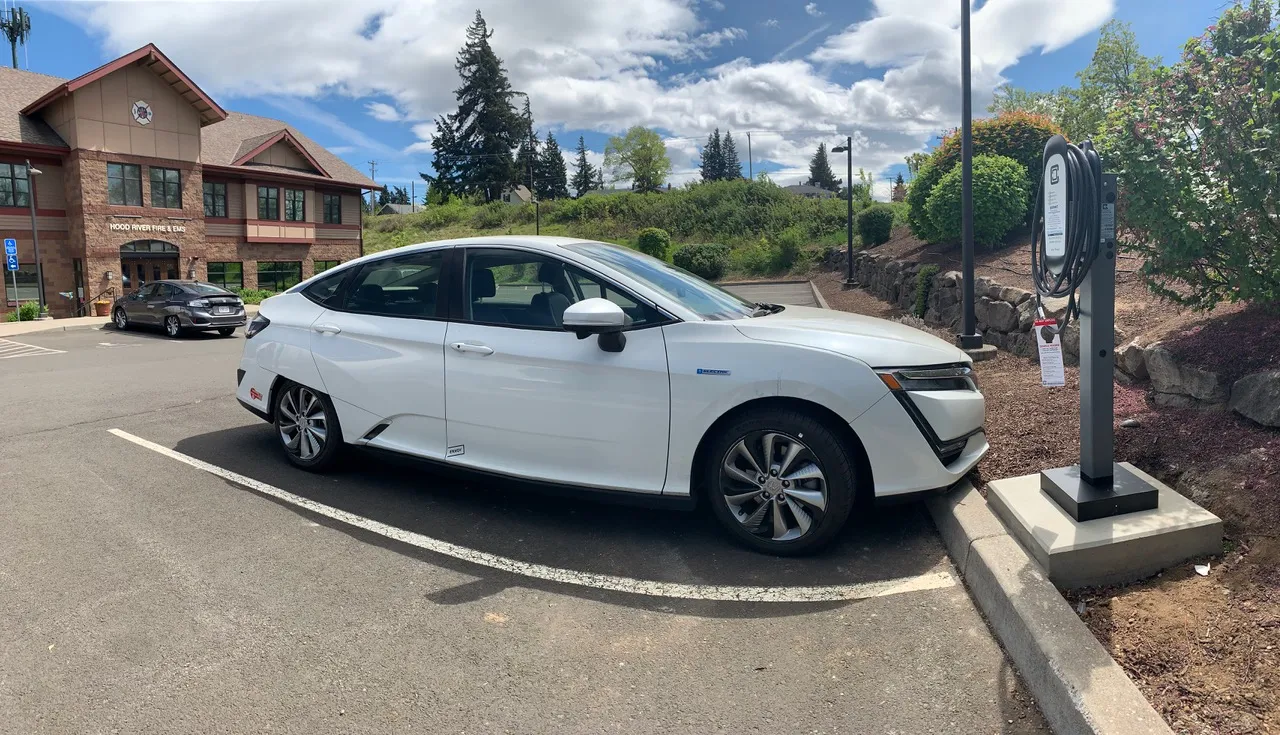Qualcomm and Renault have announced a memorandum of understanding (MoU) for their intended cooperation on the London trial of Qualcomm Halo Wireless Electric Vehicle Charging (WEVC) technology, and their intent with respect to conducting preliminary studies of the integration of this technology into Renault vehicles.
July 25, 2012
Read time: 2 mins
RSS213 Qualcomm and 2453 Renault have announced a memorandum of understanding (MoU) for their intended cooperation on the London trial of Qualcomm Halo Wireless Electric Vehicle Charging (WEVC) technology, and their intent with respect to conducting preliminary studies of the integration of this technology into Renault vehicles.
In November 2011, Qualcomm announced a WEVC trial in London to commence this year that is supported by a cross section of stakeholders ranging from government departments and agencies to commercial and private sector enterprises. The objectives of the trial are to evaluate the commercial viability of wireless EV charging and gain user feedback on the use of WEVC-enabled vehicles.
"Our intended participation in the WEVC London trial with Qualcomm complements Renault's European research and development project involving 10 partners to demonstrate wireless inductive charging of electric vehicles in a public environment with a high level of performance and safety," said Jacques Hebrard, vice president of Energy and Environment Advanced Projects director at Renault. "The deployment of wireless inductive charging requires inter-operability between cars and ground systems within common European and, hopefully, worldwide standards."
In November 2011, Qualcomm announced a WEVC trial in London to commence this year that is supported by a cross section of stakeholders ranging from government departments and agencies to commercial and private sector enterprises. The objectives of the trial are to evaluate the commercial viability of wireless EV charging and gain user feedback on the use of WEVC-enabled vehicles.
"Our intended participation in the WEVC London trial with Qualcomm complements Renault's European research and development project involving 10 partners to demonstrate wireless inductive charging of electric vehicles in a public environment with a high level of performance and safety," said Jacques Hebrard, vice president of Energy and Environment Advanced Projects director at Renault. "The deployment of wireless inductive charging requires inter-operability between cars and ground systems within common European and, hopefully, worldwide standards."








